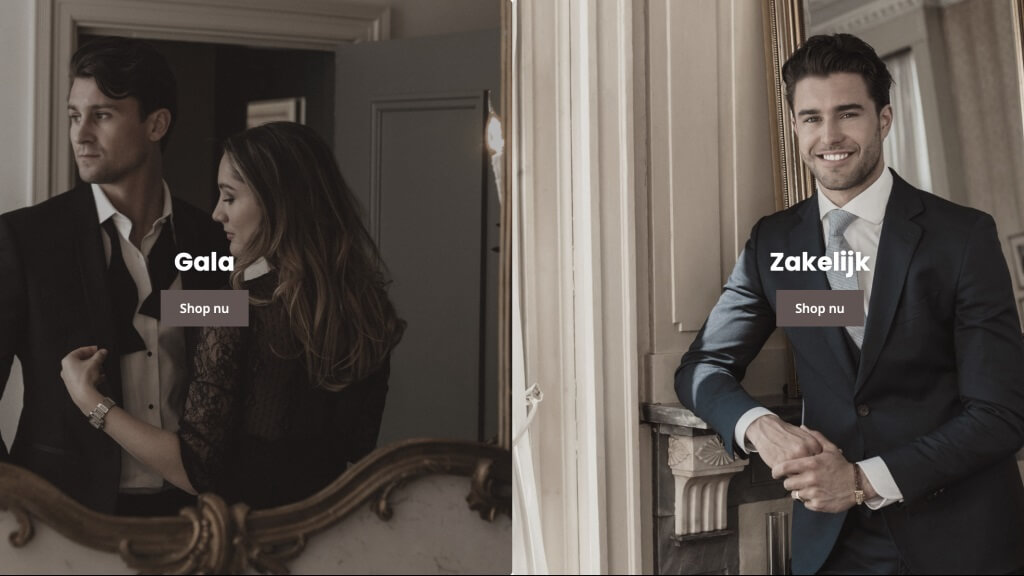Much has already been written in the media about the procedure that Stefan de Vrij initiated against Sports Entertainment Group (SEG). Today, the Amsterdam court ruled that Sports Entertainment Group is liable for damages to Stefan de Vrij for enriching themselves without honoring their full disclosure obligation to Stefan de Vrij. Corporate law attorney Dirk de Waard explains the verdict.
What was the procedure between Stefan de Vrij and Sports Entertainment Group about?
Until 2018, Stefan de Vrij played for Lazio Roma. In the summer of 2018, it looked like Stefan de Vrij could leave on a free transfer. As a transfer-free football player, he would be highly sought after by other football clubs – as they would not need to pay a high transfer fee in order to acquire him.

Sports Entertainment Group announces move from Lazio Roma to Internationzale
Knowing this, Stefan de Vrij reached out to Sports Entertainment Group (SEG) asking them to discreetly explore the market for the best transfer opportunities. Discretion here was crucial – as news of a potential free transfer would be devastating for both the Lazio Roma club as well as the fans.
In various presentations, Sports Entertainment Group made clear the advantages and disadvantages of leaving on a free transfer. Sports Entertainment Group also used various channels to announce that they represent the interests of Sports Entertainment Group and negotiated with Lazio Roma on behalf of Stefan de Vrij:
- “Sports Entertainment Group will be working today and tomorrow on a reply email for Lazio and a watertight version of the documents acceptable to you and us”
- “We try to get the right deal for you”
- “whatever you choose, SEG will support you”
After the negotiations with Lazio broke down, a move to Internazionale was quickly decided by Sports Entertainment Group. In one fell swoop, Stefan de Vrij became the highest paid Dutch football player.
Stefan de Vrij discovers that Sports Entertainment Group (SEG) was serving two gentlemen
Talking with his new teammates, Stefan de Vrij soon learned that other players had received a signing bonus in addition to their salary – while he had not. These same teammates had also been brought in on a free transfer to the same club – Internazionale.
At the request of Stefan de Vrij, Sports Entertainment Group (SEG) eventually provided a copy of their agreement with Internazionale, which revealed that Sports Entertainment Group had taken +/- EUR 9,500,000 from the deal. They broke down their fee as follows:
- 5% on the salary that Stefan de Vrij earned;
- a commission if Stefan de Vrij’s salary remained below EUR 50,000,00;
- a committee on the bonuses that Stefan de Vrij received;
- a committee on the market value of Stefan de Vrij as a football player.
Until the agreement was shown to Stefan de Vrij after the fact, he was completely unaware that these had been the terms of his transfer. He had naturally assumed that Sports Entertainment Group would negotiate to get the best possible deal for him – now he felt that they had only done so for themselves.
Stefan de Vrij starts proceedings and claims missed proceeds
With the strong conviction that Sports Entertainment Group should have informed him about their fees, Stefan de Vrij started a procedure in which he claimed that SEG were liable for damages. This was on the basis that their cut had cost him his signing bonus.
What about legal?
The question is whether or not SEG violated the prohibition on serving two gentlemen (Article 7:417 of the Dutch Civil Code) by acting both as an intermediary for Stefan de Vrij and for the club. In addition, it needed to be determined whether or not SEG was liable on the basis of another form of conflict of interest as referred to in Section 7:418 of the Dutch Civil Code. Violation of 7:417 paragraph 1 and 7:418 paragraph 1 Dutch Civil Code can be regarded as a shortcoming in the fulfillment of the agreement and can lead to Sports Entertainment Group being obliged to pay compensation for the damage suffered.
Sports Entertainment Group’s Defense
Sports Entertainment Group suddenly disputed that they were ever representing Stefan de Vrij’s interests at all. There was in fact no written agreement between Stefan and SEG and, moreover, the agreements with Internazionale stated that Sports Entertainment Group only looked after the interests of Internazionale – a clause that Stefan de Vrij had not noticed at the time. Hence, Sports Entertainment Group argued that they were not accountable – nor were they liable to pay any compensation.
Has Sports Entertainment Group violated its disclosure obligation?
The court concluded that SEG did not overly-represent the interest of Internazionale during the negotiations. However, it did become clear that SEG undeniably had its own interests in the conclusion of the agreement between Stefan de Vrij and Internazionale – as they received a (considerable) commission.
Sanction after breach of disclosure obligation
According to Article 7:418 of the Dutch Civil Code, in the event of a conflict of interest, the verdict depends on whether the mediator complied with their obligation to disclose. According to the court, Sports Entertainment Group had violated this obligation. They should have made their dual role clear to Stefan de Vrij. Due to the violation of 7:418 BW, the legal consequence was the forfeiture of Sports Entertainment Group’s right to wages. In other words: Sports Entertainment Group were ordered to surrender the accrued compensation.
Problems with assignment agreements?
At VIOTTA Advocaten, we’re proud to offer more than our extensive expertise and experience. We pride ourselves on being transparent and cautious about costs in order to ensure there are no unpleasant surprises later. We’re happy to help and dedicated to getting the best possible deal for you.










